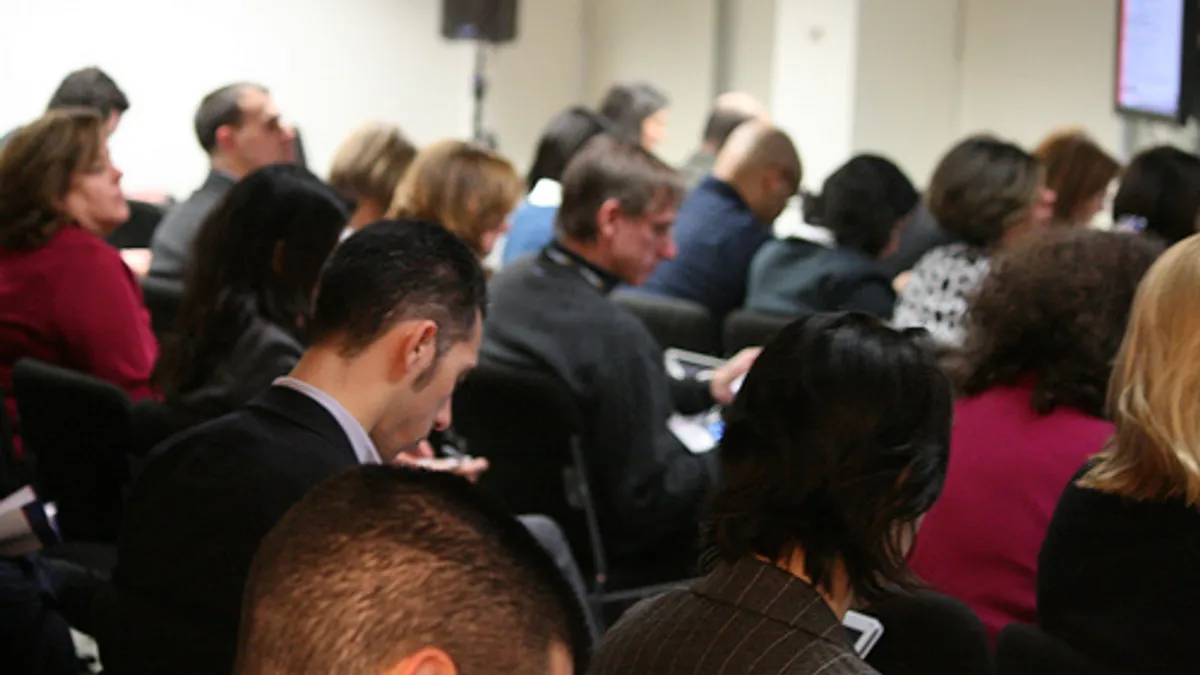Recent headlines paint a pretty clear picture that a number of brands are slimming down the number of agencies they work with. Whether these brands are working toward a transformation or just trying to simplify communication with agencies, there are several ways they can benefit from consolidating work to fewer agencies.
1. Consolidation creates a stronger overall brand identity.
When Microsoft put out an RFP for its global creative and media business, it emphasized that it wanted 80% of its business to be handled by just one or two holding companies. The reasoning: The company as a whole is moving to a more centralized operational model. Rather than using different agencies for each product or brand under the Microsoft umbrella, the tech giant wanted to create a more cohesive brand identity.
Paring down its business to fewer agencies helps form a cohesive brand identity among all of a company's areas of business because the communication is simplified. It’s nearly impossible to have a single line of narrative across the entire brand if there are dozens of agencies working on its creative—a realization brands like Microsoft are increasingly coming to.
2. There’s only one point of contact.
Speaking of communication, anyone who has ever had to deal with multiple account managers or customer service reps can identify with the frustration of having to explain the same situation multiple times. Magnify that with the complications of agency work and it’s easy to understand why some brands are opting to deal with a single agency for all of their needs.
Eliminating the complications of working across multiple agencies was the reason that vacuum brand Bissell stated recently for moving all of its creative, media, and digital business to one agency—Minneapolis-based Olson. Its accounts were previously split between Cramer-Krasselt and Omnicom Group's PHD. Dealing with a single point of contact can save time and money for all parties involved.
3. One agency has proven its worth.
In some instances, the decision to consolidate agency work is because an agency is doing stellar work. A good example is E-Trade's recent decision to move its creative business from long-time agency partner Grey to Ogilvy. This spring, the company moved its media business to Ogilvy as well.
Although E-Trade hasn’t gone on record saying that the reason for the switch was Ogilvy’s stellar performance, that can be inferred by the move. Ogilvy’s opportunity to provide exceptional work for E-Trade has grown exponentially now that it is in charge of both creative and media business for the brand.
4. It presents a more cohesive image for global brands.
Brands with an international presence face unique challenges. There are different ways to approach global branding, but if a brand wants to present a cohesive image worldwide, it makes the most sense to have one experienced global agency heading it up.
That was the motivation for Pitney Bowes, which serves communication technology to companies across the globe, when it chose DigitasLBi as its digital agency. Bill Borrelle, Pitney Bowes' SVP of brand strategy, told AdWeek about the partnership, “We have evolved and we want the world to understand us better. We needed a global agency partner that would help us think as one global company.”
Additionally, fast food chain Burger King recently appointed WPP’s David as its first lead global agency in three years – a move prompted by the need to have a cohesive image worldwide. The phrase “one global company” is key to a lot of brands choosing to trim down the number of agencies handling their global brand.
Would you like to see more marketing industry news and information like this in your inbox on a daily basis? Subscribe to our Marketing Dive email newsletter! You may also want to check out Marketing Dive's look at 3 key takeaways from the canceled Publicis-Omnicom merger.










